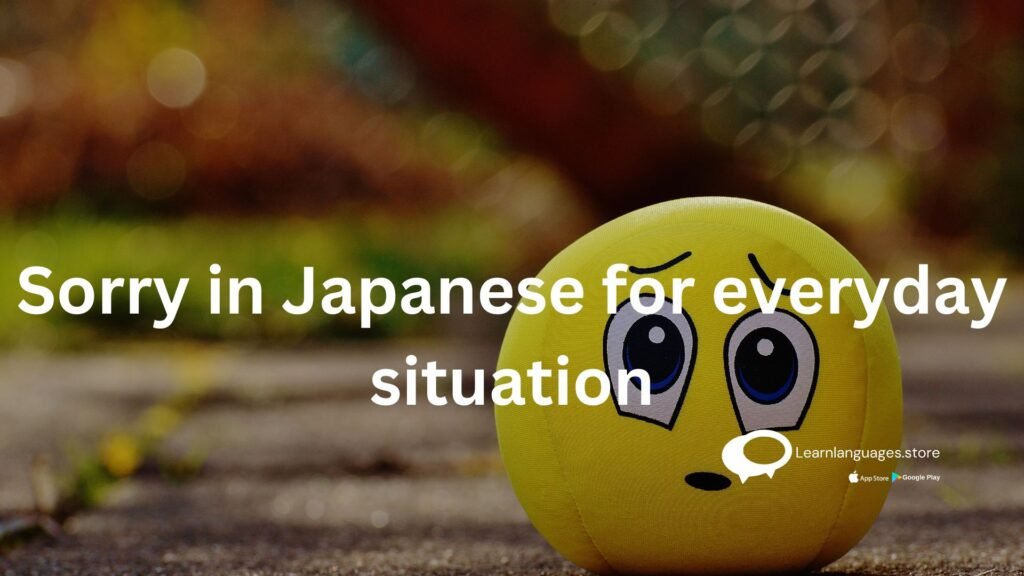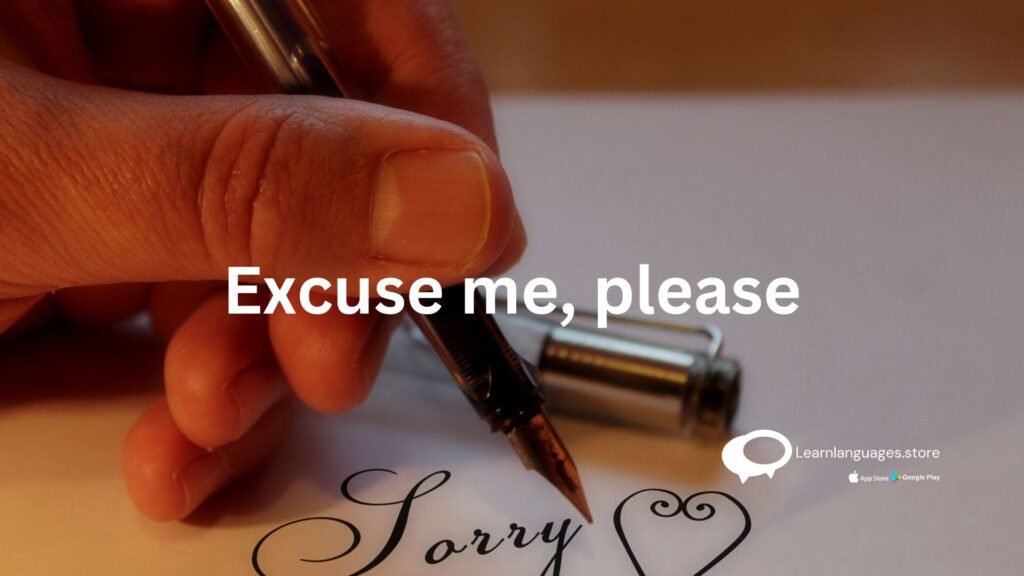Sorry in Japanese: 6 ways to get out of an uncomfortable situation
Sorry in Japanese: 6 ways to get out of an uncomfortable situation
Knowing when to utilize a specific expression is crucial. To show regret in Japanese, you must be aware of a variety of expressions based on the context; otherwise, you risk making a bad situation worse.
Estimated reading time: 3 minutes
In contrast to other nations, Japan has a unique system for handling apologizes. A lot more frequently utilized and appropriate in unforeseen circumstances is saying apologize. Here are a few scenarios where Japanese people would rather apologize:
- When you unintentionally upset a group or an individual. Although it may seem apparent, always extend a sincere apology if you create any trouble—no matter how small.
- It’s polite to express regret for “inconveniencing” someone when doing them a favor. This could be challenging to understand if you are not familiar with Japanese social culture. You are not punishing yourself unnecessarily; rather, you are making a kind gesture by apologizing.
- In the West, you would apologise if you bumped into someone or dropped anything. The same holds true in Japan.
Sorry in Japanese for everyday situations

1. ごめんなさい — Sorry
This is the most common way to say sorry in Japanese. Most Japanese speakers will understand what you mean if you use this phrase in a situation that requires a different apologetic phrase.
You need to understand Japanese culture if you really want to become a fluent Japanese speaker.
2. 本当にごめんね (ほんとうに ごめんね) — I am so sorry
This is an excellent approach to apologize to someone when you screw up while you’re with someone you like or when you’re in a romantic setting.
3. お邪魔します (おじゃま します) — Excuse me for bothering you

This can also be read as “excuse me for disturbing you” or “sorry for interrupting you.” Use this phrase if you find yourself unexpectedly visiting someone’s home or promoting something door-to-door.
4. 謝罪いたします (しゃざい いたします) — I apologize
This is a formal way of apologizing typically seen online or in print from celebrities or politicians who did something scandalous.
5. 失礼します (しつれい します) — Excuse me, please
This could be interpreted as a way of saying “Oh, I’m rude” or “Oh, my mistake.” It is very informal, and it is something you would say when reaching past someone, entering a room, or hanging up the phone, rather than when apologizing.

6. 本当にごめんなさい (ほんとうに ごめんなさい) — I am really sorry
It’s best to use this with strangers and friends rather than teachers or people in positions of authority. It is typically used when an innocent mistake is made but you feel awful about it. learn with learnlanguage.store
Learn Languages Store
Vashi,
Email: services@learnlanguages.store










